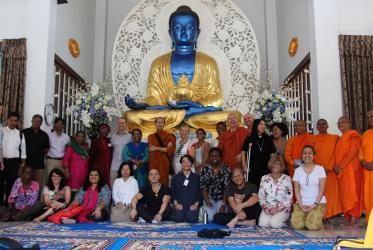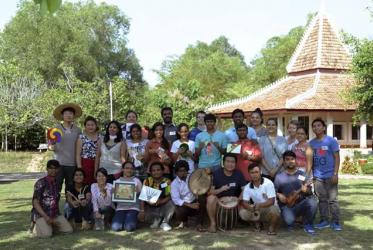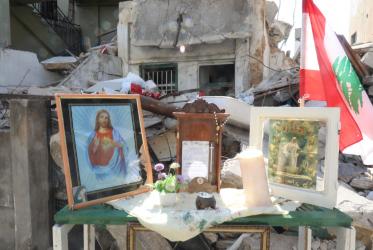Displaying 61 - 80 of 95
06 August 2015
Killer Robots? Moral questions pervade UN conference
23 April 2015
WCC condemns bomb attacks on Lahore churches
17 March 2015
WCC commission promotes ecumenical learning and education
26 February 2015
Christians around the world pray for unity
22 January 2015
Momentum builds for ban on nuclear weapons
16 December 2014
Weaving together personal faith and climate change
23 September 2014









